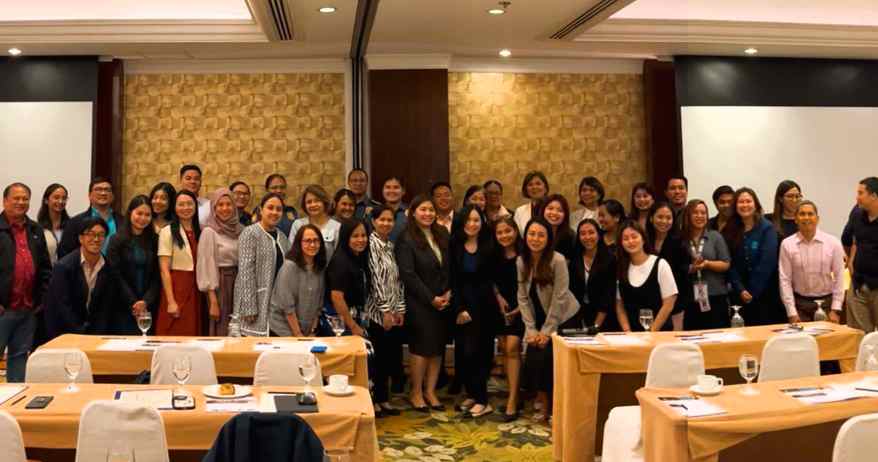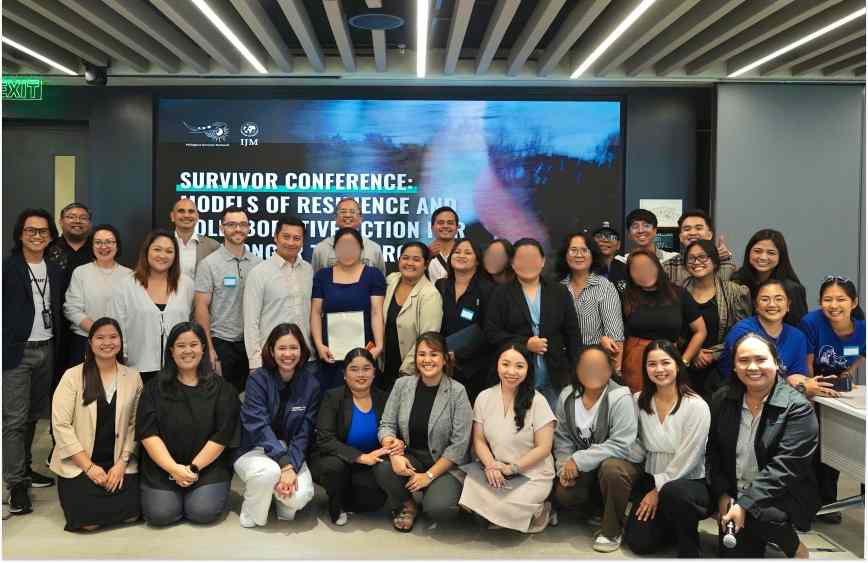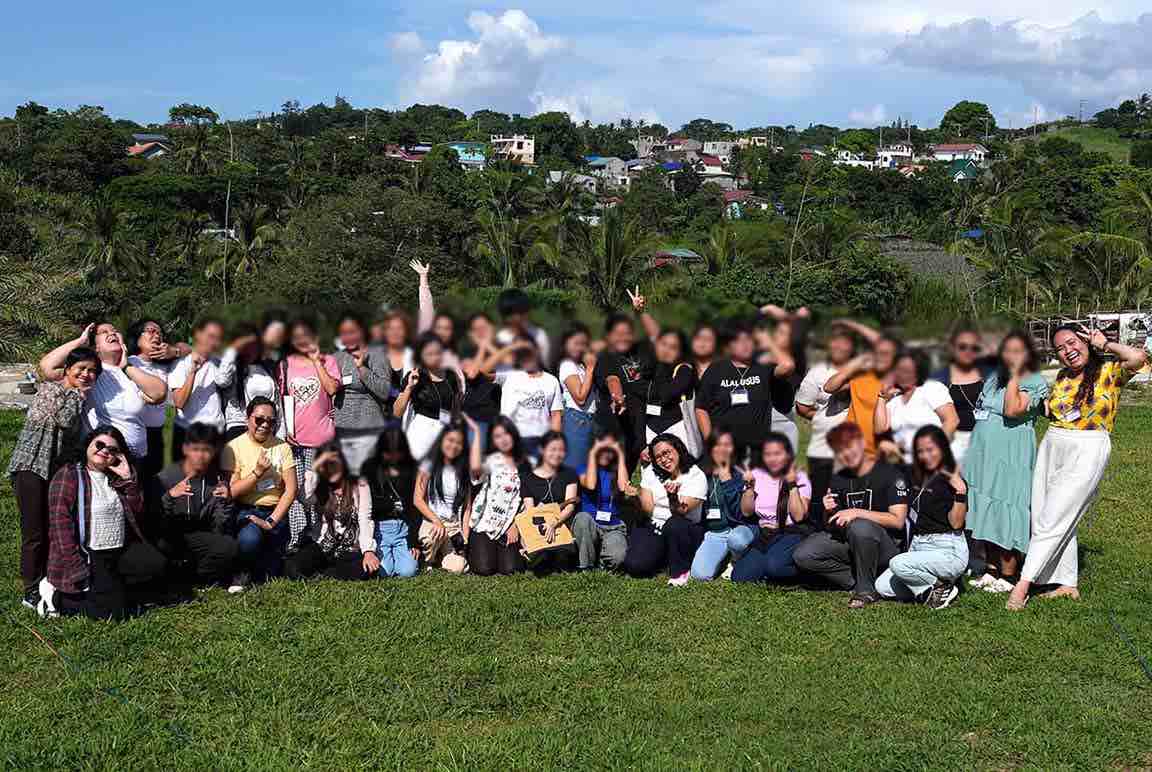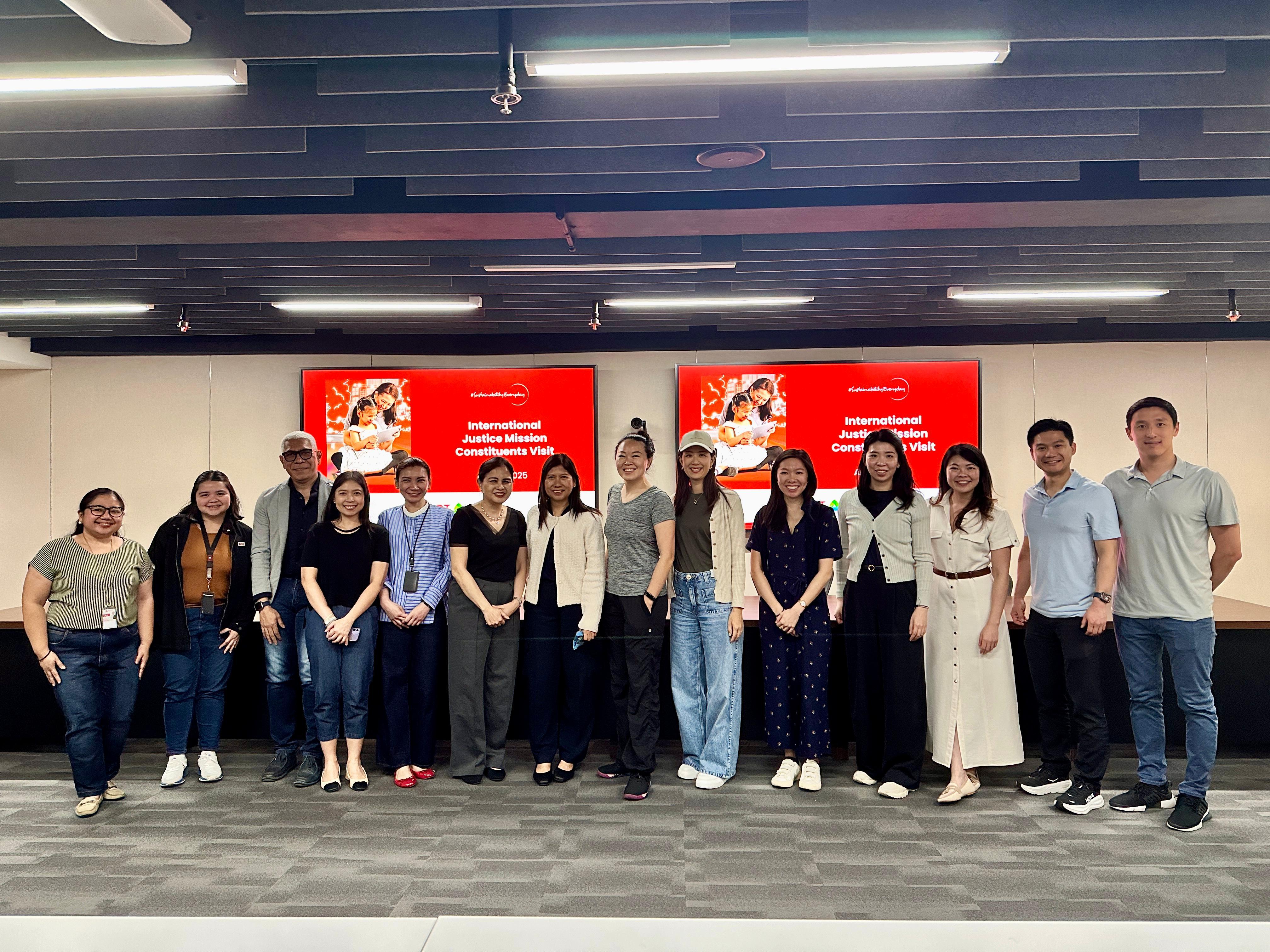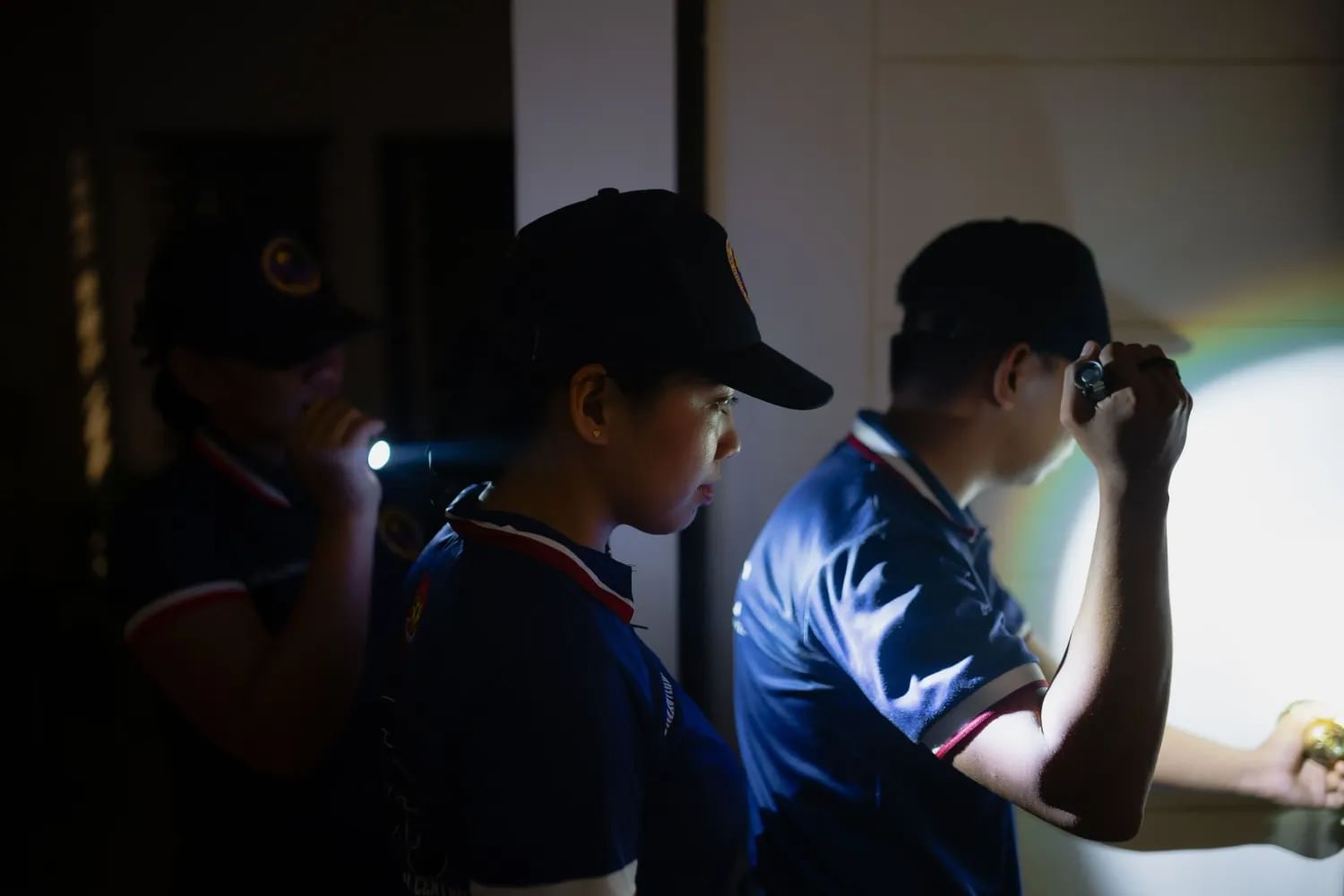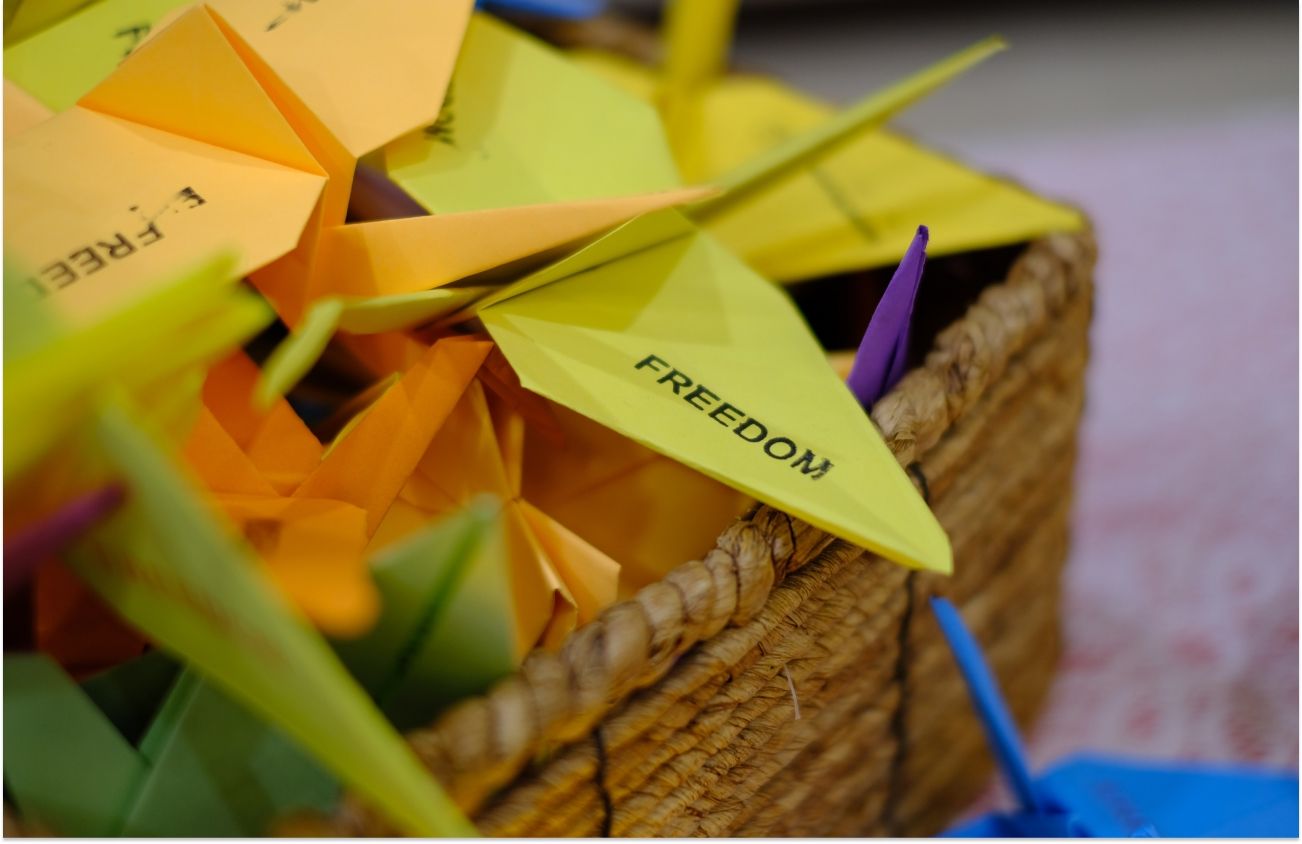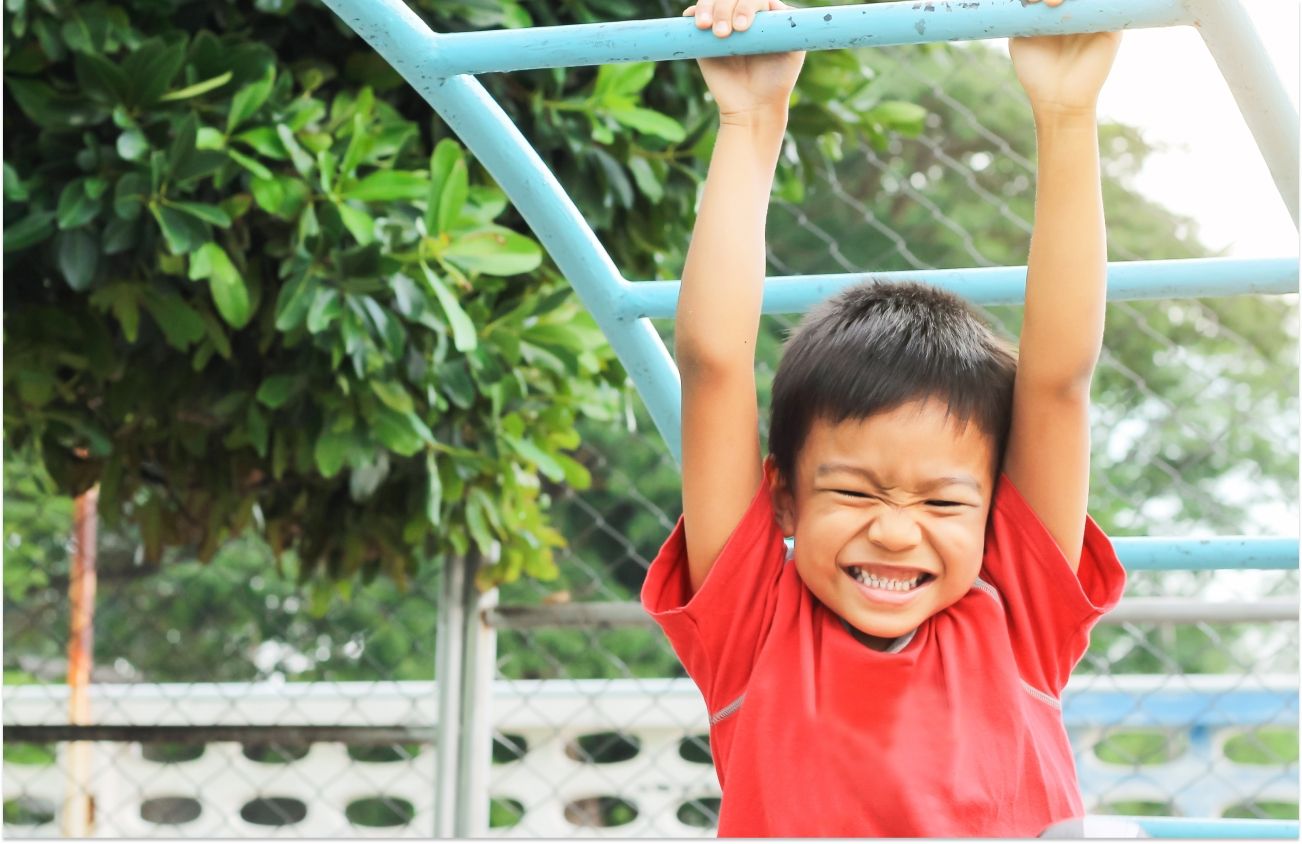
Trauma-informed care can be defined as an approach that recognizes the widespread impact of trauma, integrates knowledge about trauma into practices and policies, and seeks to create a safe, supportive environment that promotes healing and recovery for individuals who have experienced trauma.
Understanding trauma is a deeply nuanced process. While many aftercare professionals in our sphere of work have experienced trauma, most—if not all—have never been through what child survivors of online sexual exploitation have experienced.
The trauma-informed approach serves as a vital bridge between survivors and those who serve them. It opens a deeper understanding of the survivor's reality—their needs, wants, fears, dreams, and desires.
Trauma-informed care provides what we know to be the best frame of mind as we serve the needs of survivors. It equips us in our attempt to see things from their point of view. We become aware of the profound impact trauma has on OSAEC survivors’ lives and are guided in how we respond to, and protect, the best interests of the survivors amidst the reality of trauma.
We become aware of the profound impact trauma has on OSAEC survivors’ lives and are guided in how we respond to, and protect, the best interests of the survivors amidst the reality of trauma.
When social workers, law enforcement, medical professionals, and other individuals involved, are sensitive to the needs of OSAEC survivors, and aware of trauma triggers, survivors are shielded from additional trauma (also called retraumatization).
Trauma-informed care helps social workers create a safe and supportive environment for the restoration process.
Trauma-informed care also paves the way for survivor empowerment, allowing survivors to regain control over their sense of identity, make informed decisions about their recovery, and move forward with hope.
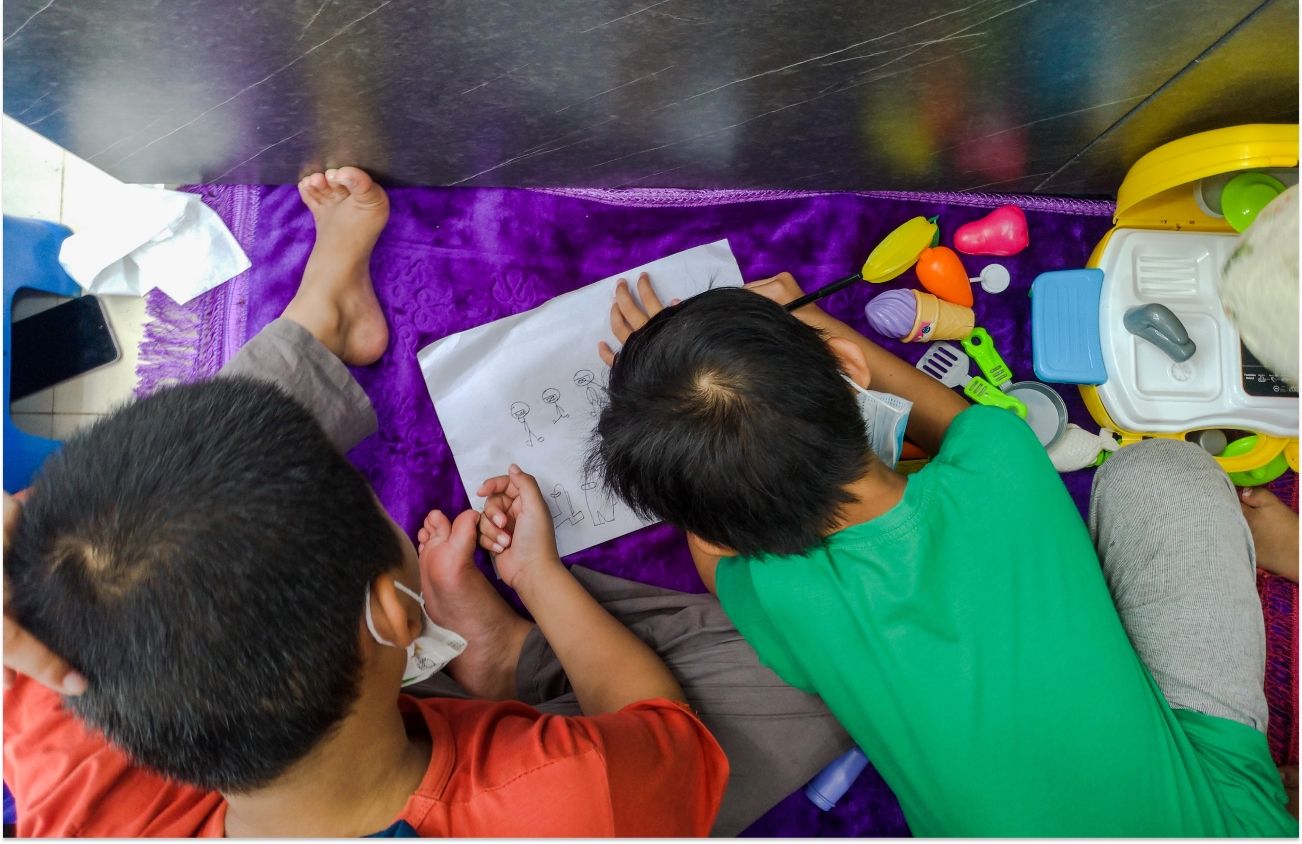 Stock photo. Children in the image are not survivors.
Stock photo. Children in the image are not survivors.
Trauma-Informed Care (TIC): A Guiding Light for Collaborators
The work against OSAEC is collaborative by nature, and survivors will necessarily be interacting with people outside of the aftercare zone of comfort.
Survivor care, and the related pursuit of justice, calls for multi-disciplinary collaboration among medical professionals as well as social workers, government workers, law enforcement. At times, members of the academe, the media, influencers, and other collaborators such as donors and fintech and corporate organizations, may also find themselves interacting with survivors.
Trauma-informed care and its principles become a guiding light for these professionals and workers across industries. Trauma-informed care across these various groups and disciplines helps all team members work together to protect the survivor’s best interest.
Trauma-informed care across these various groups and disciplines helps all team members work together to protect the survivor’s best interest.
 Stock photo. Children in the image are not survivors.
Stock photo. Children in the image are not survivors.
TIC Training: A Key Focus of the Network of Care
Trauma-informed care is one of the key elements of the larger vision of the Network of Care, a government project that aims to address aftercare gaps for survivors in the marginalized sector.
One of the key goals of the Network of Care is to provide trauma-informed support for survivors and victims of online sexual exploitation of children (OSEC) by equipping frontline workers with the necessary skills.
The Network of Care was supported for a time by a grant from the United States Government from 2021 to 2023.
TIC Training in 2024
IJM collaborated with various local governments and municipalities to expand awareness of trauma-informed care and deliver trauma-informed training this year. In January 2024, during the Judicial Congress, IJM speakers shared trauma informed care principles with members of the judiciary and prosecution.
In the same month, a 3-day TIC training was conducted in Iligan City, sponsored by the City Social Welfare and Development Office (CSWDO) of Iligan City. IJM social workers spoke and provided support.
In February, TIC training was delivered in person in Davao City, while an online TIC orientation was conducted by an IJM social worker for 50 graduating social work students at Leyte Normal University in Tacloban City interested in joining the Network of Care of Region 9.
In the succeeding months, partners from the Network of Care in Regions 3, 4-A ,8, 10 and the National Capital Region were trained. A TIC training segment was also included in an Anti-OSAEC training in Batangas.
TIC awareness is embedded in many of the prosecution training sessions, as the first contact with survivors involves law enforcement.
Various survivors helped promote trauma awareness by sharing their experiences and the trauma that they suffered from abuse. At the very first Anti-OSAEC Summit on September 16, survivor Charito (a pseudonym) narrated her story with His Excellency President Ferdinand “Bongbong” Marcos in the audience. President Marcos responded with deep empathy.
On September 24, a speech by OSAEC survivor Thea was shared digitally at a justice system gathering in Parañaque City, about the trauma that survivors face within the justice system.
In late 2024, the Provincial Government of Lanao del Norte (Region 10), through its Provincial Social Welfare and Development Office (PSWDO), organized a Trauma-Informed Care training in partnership with IJM, delivered on October 3-4, 2024. All the speakers are graduates of the TIC Training of Trainers program organized by IJM in June 2024 in Pasig. The Region 10 TIC training program speakers included a psychologist, psychometrician, law enforcer, and prosecutor from various academic and professional organizations.
IJM staff have received Trauma-Informed Care certification, as it is a requirement for serving professionally and meaningfully as an organization.
Celebrating Survivors and Social Workers
We celebrate all the shelters and social workers who contributed greatly to survivor care in 2024 and who continue to provide love and care to survivors.
It was a joy to welcome the Christmas season together with survivors and the Philippine Survivor Network (PSN) at the annual year-end gathering held in person for those in Region 3, Region 4-A, and National Capital Region (NCR). An online celebration took place that weekend, for those who were not able to join the in-person festivities.
 Guests, IJM staff, and survivors at the Survivor's Annual Gathering 2025. Image is blurred to protect survivors' identities.
Guests, IJM staff, and survivors at the Survivor's Annual Gathering 2025. Image is blurred to protect survivors' identities.
“It is always a lifegiving and heartwarming experience to see everyone come together, share laughter, and create joyful memories during the annual gathering. Facilitating some of the games is a highlight for me as I love seeing the children be themselves, having fun while being silly and competitive at the same time,” says Shiella Samarista, one of the game masters during the celebration, and a former Training Strategist for National Aftercare, IJM Philippines. “I know they have been through so much. The resilience of each one of them is amazing and encouraging, and I love sharing these moments of celebration with them and witnessing their journey towards restoration.”
I know they have been through so much. The resilience of each one of them is amazing and encouraging, and I love sharing these moments of celebration with them and witnessing their journey towards restoration.
“For me the Survivors’ Annual Gathering is always a high point of the year,” says Dolores Rubia, Director of National Aftercare, IJM Philippines. “I thank God for every person who has been a part of this—bringing love, care, and support to OSEC survivors. Seeing the survivors and the progress they have made in terms of healing, social health, and how they exhibit so much joy and hope, makes all the hard work worth it for me. It’s a wonderful way to end the year and it energizes our team as we prepare to start a new year.”
Seeing the survivors and the progress they have made in terms of healing, social health, and how they exhibit so much joy and hope, makes all the hard work worth it for me.
